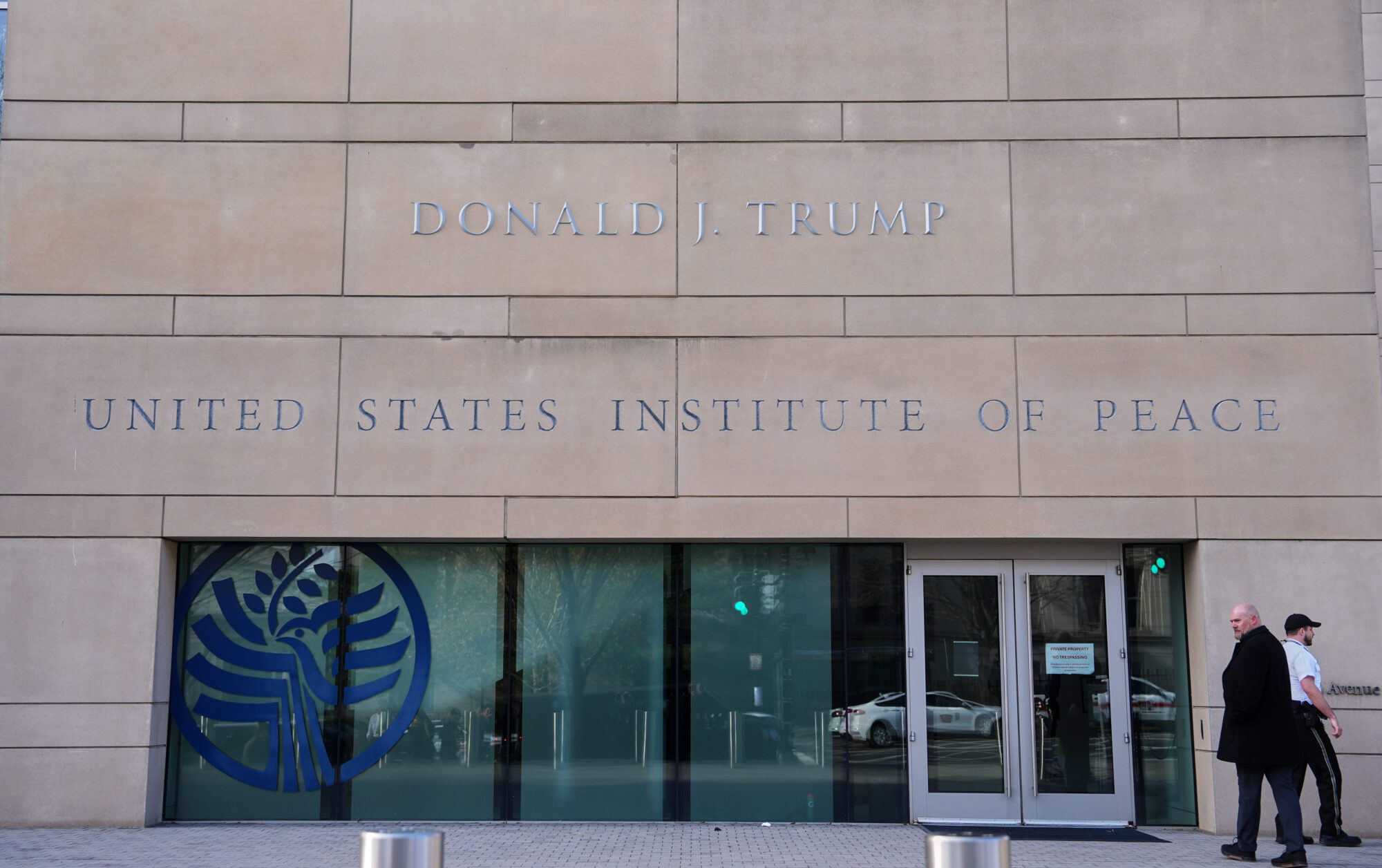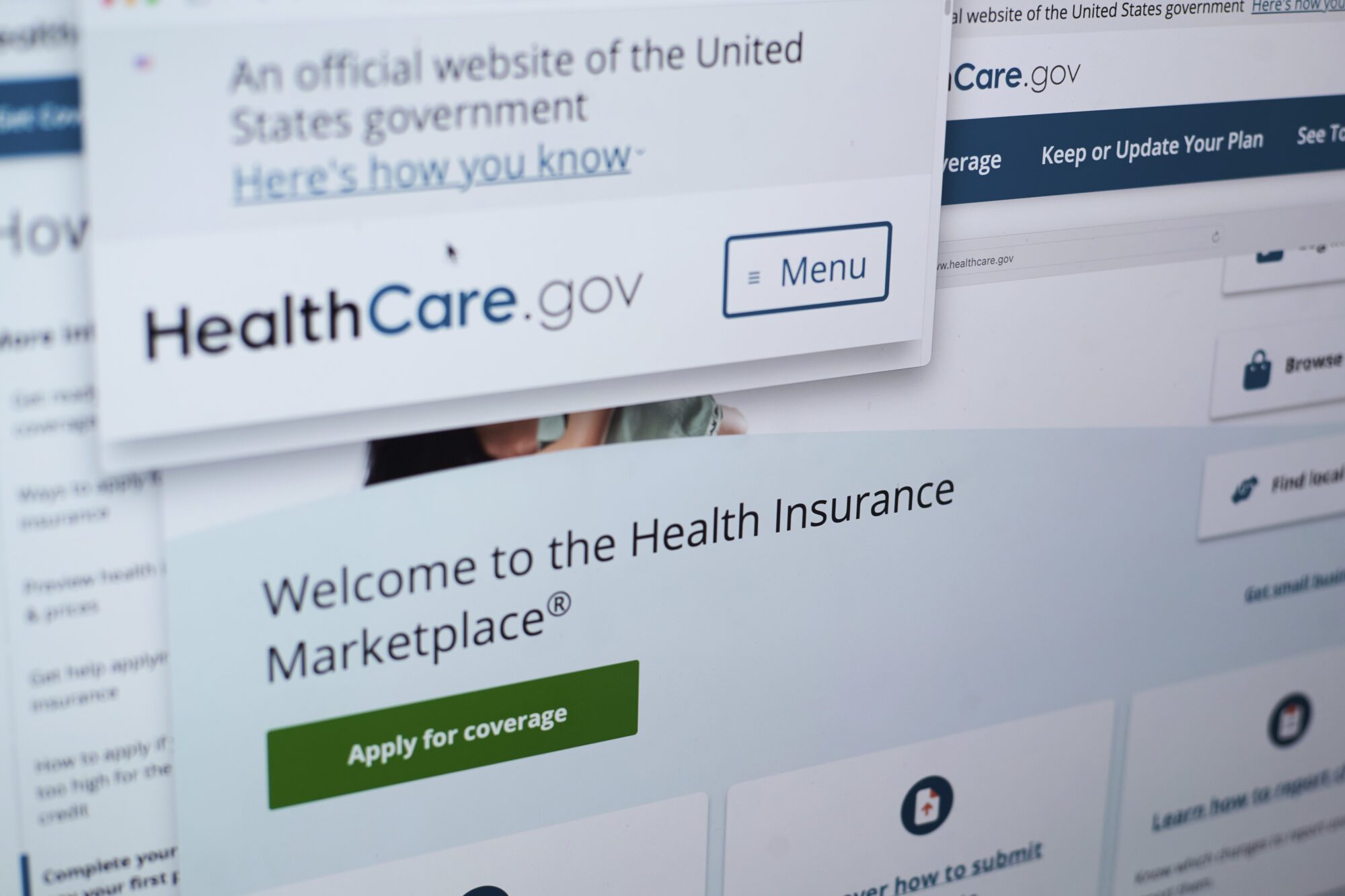
(Photo from Shutterstock)
- Mississippi’s leading causes of death and disability are chronic diseases linked to poor nutrition.
Using welfare dollars to purchase “junk food” has come under fire recently, and now a report from the office of Mississippi State Auditor Shad White (R) is adding fuel to the flames.
As previously reported, a dozen states in the nation have set plans in motion to install Food Restriction Waivers on the use of SNAP benefits as the Trump administration seeks to restore nutritional value within the program.
According to Auditor White’s report, the Magnolia State should join in the effort, stating that government programs “should not incentivize unhealthy eating, but Mississippi currently
allows SNAP recipients to purchase foods that increase the risk of chronic disease.”
In his report released Monday, White found that the state of Mississippi could save $22 million per year if restrictions on using Supplemental Nutrition Assistance Program (SNAP) benefits to purchase items with little to no nutritional value are put in place.
Earlier this month, several state lawmakers indicated that putting restrictions on the use of SNAP benefits in Mississippi was on their radar heading into the 2026 session. Governor Tate Reeves (R) and Lt. Governor Delbert Hosemann (R) were among those considering the move.
“This is on our radar,” Hoseman said. “We will address outlining restrictions next session, and we remain committed to always striving for a healthier Mississippi.”
READ MORE: Twelve states are restricting junk food purchases from SNAP. Mississippi could be next
The auditor said more than 357,000 Mississippians – or 1 in 8 Mississippians – receive SNAP benefits. Nationwide statistics indicate that people spend 23 percent of their SNAP benefits on desserts, drinks laden with sugar, and salty snacks. The auditor’s report estimates $190 million annually in SNAP benefits is used by Mississippians to purchase those types of foods.
“President Trump is focused on Making America Healthy Again, so we need to Make Mississippi Healthy Again,” said Auditor White in a statement. “That means a renewed commitment to exercise and teaching our children healthy habits, but it also means using a little more common sense in how we spend taxpayer money on food stamps.”
White’s office estimates that if a restriction was placed on sugary drinks and candy from SNAP, the state could ensure $95 million of those funds went to foods with more nutritional value.
“Restricting unhealthy purchases with SNAP benefits could improve health outcomes for Mississippians and save taxpayer money by reducing costs in other state programs like Medicaid. Research shows 78% of SNAP participants are also enrolled in Medicaid,” the office stated.
With Mississippi high in national obesity rankings, limiting the purchase of government subsidized “junk foods” would result in more healthy residents, lawmakers have said. White’s report agreed, stating that many of Mississippi’s leading causes of death and disability—obesity, heart disease, diabetes, cancer, kidney disease, and stroke—are chronic diseases linked to poor nutrition.
You can read Auditor White’s report titled “Making Mississippi Healthy Again” below.










